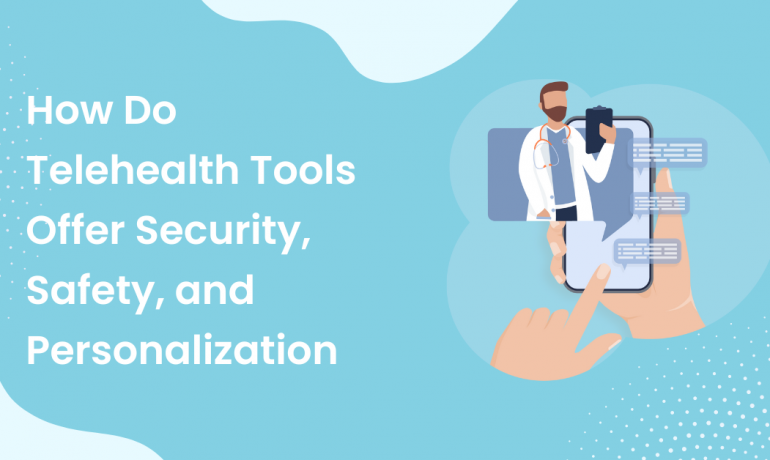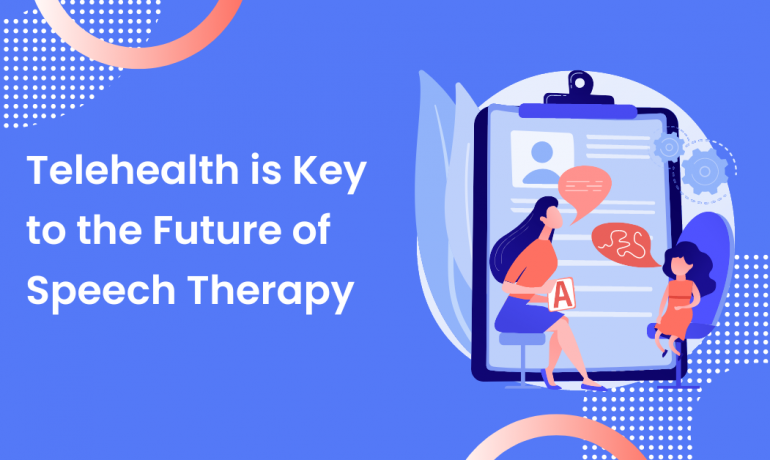As the world moves on from the initial responses to the ongoing Covid-19 pandemic, practices from that initial time have become the new normal for many of us. One of them is the increasing use of telehealth services like teletherapy. More patients, physicians, and healthcare providers have begun to see the benefits and convenience of employing telehealth video conferencing systems to hold appointments and safely handle transactions and patient information (PHIs and ePHIs).
The benefits of teletherapy have been lauded and advocated by physicians and healthcare providers from many different specialized fields. With the difficulties, stress, and anxiety intensified by both international and national conflicts like Covid-19, unemployment, personal grief, and magnified issues tied to long-ignored institutional racism and sexism, people are seeking counseling and help to get through these events.
Because of lockdowns and issues tied to the aforementioned events, close interpersonal relationships are the first to undergo stress and problems. One of these interpersonal relationships is close and intimate--marriage or a domestic partnership. With such a relationship that relies on the healthy and functional partnership of the people involved, seeking counseling is crucial before things get worse. And through teletherapy, counseling for marriage and domestic partnerships has never been more accessible.
Telehealth promotes the same benefits as in-person visits
Virtual counseling is different than an in-person visit and you may have your reservations about it since it's relatively new. However, the benefits are still reflective of an in-person counseling session, if not more. By choosing to go with telehealth counseling for your domestic partnership, you will not only get the help that you need, but you will also have more freedom and accessibility.

Choosing telehealth counseling for your marriage or domestic partnership is a unique experience that provides the same benefits as an in-person visit. You will have research access to a larger variety of therapists and organizations regardless of location and the freedom to schedule appointments and sessions around your personal schedule. Most of these benefits are even provided by the video conferencing system you choose. For example, individual video conferencing systems give patients access to a directory of available physicians, therapists, specialized experts, and healthcare providers.
Here is a quick list of just a few of the benefits that teletherapy can provide for you and your partner:
- HIPPA-compliant video conferencing systems allow safe and secure communication that ensures that therapists can study body language and interactions the same way as in an in-session appointment.
- Flexibility with scheduling and appointments.
- Accessibility to a wider range of available and qualified therapists.
- Sessions and appointments are held virtually to reduce the stress of an office visit.
- Transactions are handled through secure and HIPAA-compliant systems and software.
The secret advantage of virtual marriage counseling
There is an advantage of virtual marriage counseling that you may not have thought of before. It’s obvious that teletherapy entails that you will most likely hold your sessions in the comfort of your home and this is the advantage.
You and your partner will open up discussion and resolve issues with your therapist in the space where you occupy the most--home. Attending virtual marriage counseling sessions in the comfort of your home will allow you and your partner to grow used to holding constructive and vulnerable conversations in a space where you’re both comfortable. Home for conflicting couples will often feel like a space where problems go unresolved and are stressful at times. However, teletherapy will additionally allow you to feel increasingly comfortable holding natural conversations alone at home in the hopes of resolving your issues and problems. Home for the couple will now be seen and feel like a space of openness and healthy, emotional bonding.





